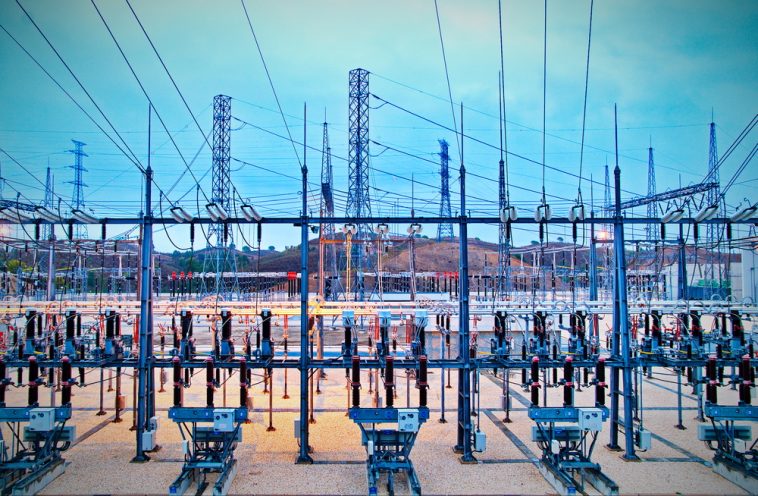Deregulation is when a previously government-run industry, such as water, energy, airlines, and telecommunications, opens up to competition. In the case of electricity, it means that consumers can choose their electricity generation supplier.
The best way to save money on energy costs is to become an educated consumer and shop around with various electricity-generation suppliers before making a decision.
What Is Deregulation?
Deregulation is the process of removing government-imposed barriers to competition in a market. This allows new companies to enter the market and compete with existing businesses, which typically results in lower consumer prices. Innovation is vital for companies to remain competitive, leading to better quality products and services.
Traditionally, the government regulates markets to prevent unfair business practices that can hurt society and the economy. However, in the 1970s and 1980s, a new trend emerged that challenged the role of government regulation. Known as “economic deregulation,” this was a shift from traditional government regulations to market-based policies.
This meant limiting or eliminating government-imposed economic restrictions, such as price ceilings and floors, quantity restrictions, and service parameters. While it is still debated whether this deregulation benefits society, many argue that it is essential for stimulating growth and improving innovation in a market.
Another critical benefit of deregulation is that it can reduce the cost of operations for businesses. When a company does not have to pay legal fees to ensure they follow government regulations, they can invest that money in labor and equipment. Increased productivity and efficiency can result in a stronger economy.
Why is Deregulation Important?
As businesses become less burdened with regulatory restrictions, they can invest more resources in research and development. This allows them to create new products, set competitive prices, and interact with consumers without fear of breaking regulations.
Removing government regulations opens investment opportunities and stimulates economic growth in the deregulated energy area of Texas. Regarding energy, customers can select their electricity provider, potentially saving their bills. In deregulated markets, customers pay their local utility for energy transmission and distribution services and the customer-selected retail power provider for electricity generation.
Companies are then free to compete with each other for consumer business, and this competition is ultimately good for all parties. The market will select the best-performing companies, and this competition will improve the quality of goods and services. Businesses will strive to produce more efficiently to lower production costs and offer low prices. In addition, they will promote innovation to develop unique products that can be marketed to consumers who value quality, allowing for higher prices to be charged.
Many people in regulated markets may believe that the power grid should remain public and not private. They argue that it is a vital service and should be in the hands of the public, not a few shareholders. Despite this argument, deregulation has mainly been successful in the United States and worldwide.
How Does Deregulation Work?
When a market is deregulated, the government removes the laws and regulations that control the industry. This allows companies to operate more freely, making decisions more efficiently. It also gives them more autonomy to grow the business and compete in the international marketplace. This can lead to a more prosperous economy for everyone involved, including consumers.
Energy deregulation gives customers the power to choose where their energy comes from. It has been proven to improve customer satisfaction and help businesses save money on their power bills. This is especially important for small businesses, which often have tight profit margins to stay afloat.
As a result, many companies have developed competitive advantages to satisfy their customers by offering lower prices or better service than their competitors. This has become a driving force behind the success of many deregulated markets.
Moreover, as the competition in the market increases, it stimulates economic growth and improves innovation. The increased competition forces companies to innovate new products and services to win the market share, thus driving growth.
What Are the Benefits of Deregulation?
The benefits of deregulation are that consumers get more choices and that business owners are given more freedom. Deregulation removes barriers to competition that can limit economic growth and improve innovation by removing government restrictions. More businesses can enter the market by allowing competition, creating more significant economies of scale, and increasing consumer choice.
In a regulated market, a single company provides all parts of electricity service (generation, transmission and distribution, and retail sales). Customers choose their energy supply from a competitive supplier in many deregulated markets. The companies that provide electricity to retail customers are called Retail Electric Providers (REPs). Even after selecting a REP, the local utility will still be responsible for energy delivery. Still, customers receive one bill from the REP for their supply and a second from the utility for delivery charges.
Residential customers usually don’t see a significant benefit from deregulation, but commercial and industrial customers can save significantly on energy bills by shopping around for rates. However, knowing what tariffs are in effect in your area is essential before comparing prices.



